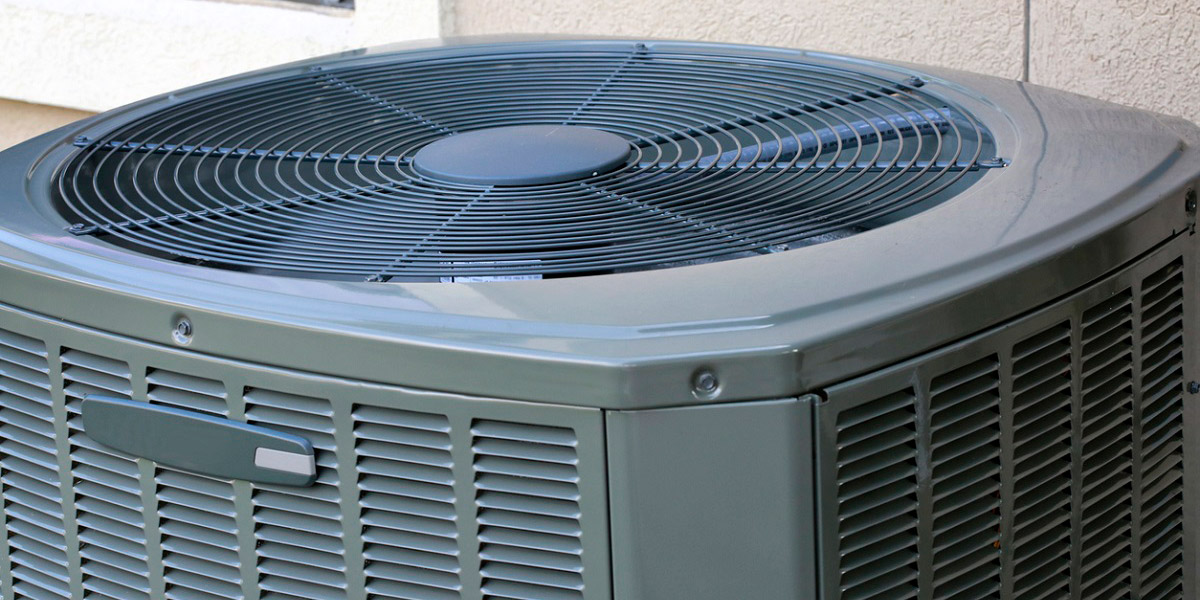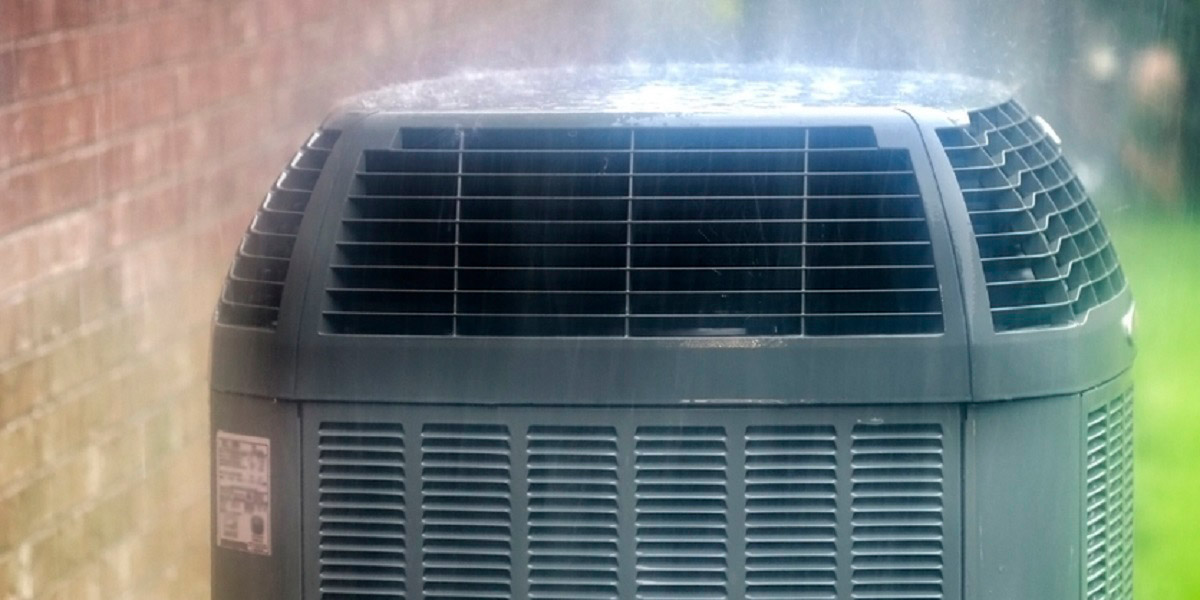
When purchasing a used automobile, buyers check the mileage first. Registration papers disclose the model year and how long a car has been in operation. However, it’s the odometer that reveals actual usage, which usually gives the best indication of what kind of shape a vehicle is in. Manufacturers use mileage as a guideline for routine and major service checkups. Motorists understand that the more miles you put on your car, the sooner you’ll need service to replace worn out parts. With automobiles, running time, regular service and maintenance tend to matter more than the chronological age of a motor vehicle. The same applies to air conditioners.
Running Time – Air Conditioners Log Heavy Usage in Arizona
Though most Arizona air conditioning units log heavy usage, they are not equipped with a mileage indicator. In fact, due to sustained population growth in the area, many Phoenix residents are new to their homes and have little or no information as to the age of their air conditioning system. To further complicate matters, AC systems are extremely complex and made up of various components, each with its own life expectancy. Depending on wear and tear, some parts will need to be replaced sooner than others. Here’s a list of AC components which may require replacement during the typical lifespan of a conventional air conditioner in Arizona:
- Air Filters – Though not a moving or electrical part, air filters are a crucial element to providing clean air in your home and require constant replacement. Air filters should be replaced at least six times per year and more frequently if you have pets. Also, if you have a family member who is dealing with asthma or a chronic respiratory condition, air filters should be replaced once a month.
- Contactor / Capacitors – Electrical parts, such as the contactor or run/start capacitors, motors, fans and wiring are responsible for more than 80 percent of all air conditioner service calls. Your air conditioner’s contactor and capacitors are some of the most heavily used parts in your AC system. With all the wear and tear on these electrical parts, they will most likely be replaced more than once during the lifespan of your AC system. It’s best to let our experienced professionals handle electrical problems as DIY mistakes can be costly and dangerous.
- Blower Motor / Fan Motor – The fans in your AC system run at full tilt for the better part of six months each year during Arizona’s extended summer. It’s only natural that at some point, the fan blades may experience some form of fatigue or obstruction, or the motors may simply burn out due to extreme use. During a spring tune up, our friendly service technicians will check the blower motor, fans and other components for indications of impending failure.
- Evaporator Coils – The dirty secret and most common problem with the evaporator coils is they get covered with dust and debris, which reduces their effectiveness. Cleaning the evaporator coils is frequently the solution to the problem. Occasionally, evaporator coils can become damaged due to corrosion, which causes tiny pinholes in the sealed system which unfortunately releases refrigerant into the air. This is not readily apparent to homeowners or handymen. Leaks are detected with special equipment which our service techs use during an AC inspection.
- Compressor – Your air conditioner’s compressor handles a heavy workload and is one of the most expensive components in your AC system. The most common reasons for compressor failure, which would necessitate replacement, are dirty coils, which cause the compressor to over work and constantly run at a high temperature. Clogged refrigerant lines that can lead to an increase in internal pressure, placing a strain on the system, and incorrect refrigerant levels, which again, place an added burden on the compressor which may ultimately lead to it burning out. The good news is that most compressor problems are preventable. With regular maintenance and twice-yearly service inspections, problems can be detected and remedied before a compressor replacement is required.
Let Us Handle the Complexities of Your AC System So You Can Enjoy Cool Comfort This Summer
Spring is just around the corner. It’s a great idea to schedule an AC system inspection in February or March before the temperatures get too hot. A spring tune up means you’ll be ready to enjoy summer with peace of mind and cool comfort in your home. Call us today.










 If your heating or cooling unit is not functioning properly, you may have asked yourself “
If your heating or cooling unit is not functioning properly, you may have asked yourself “



